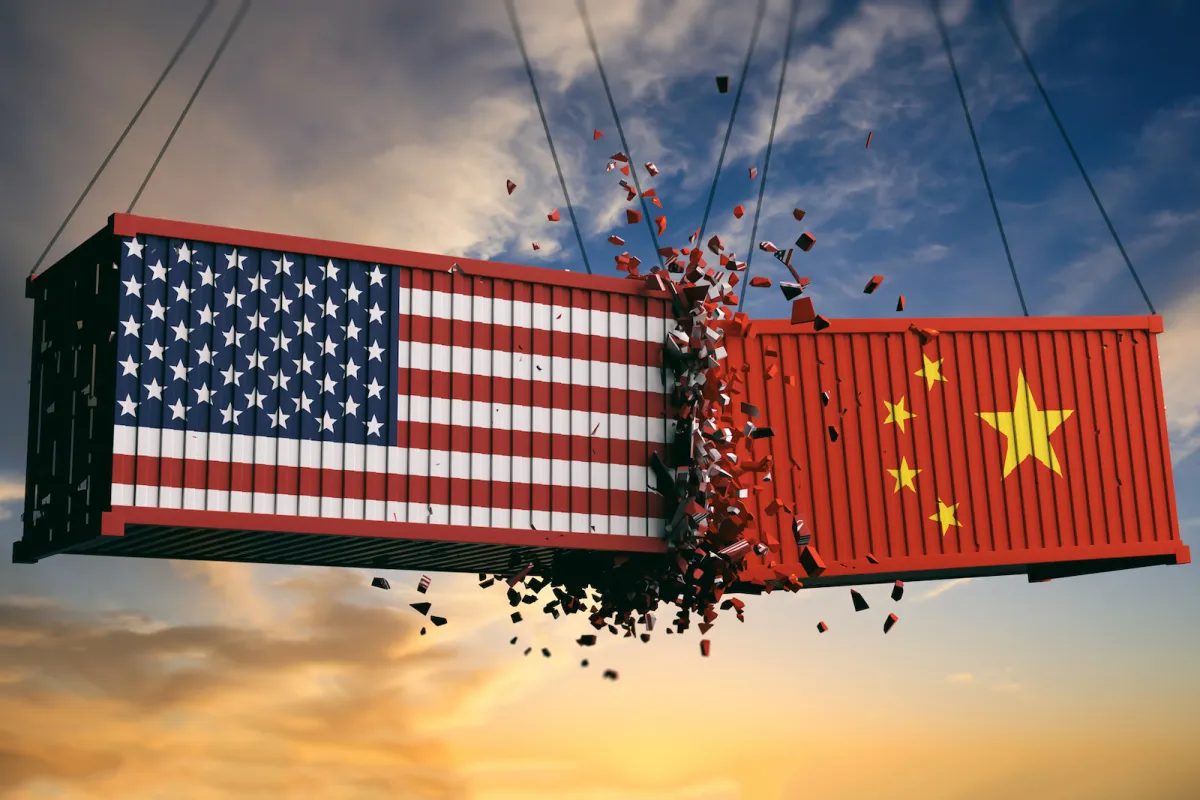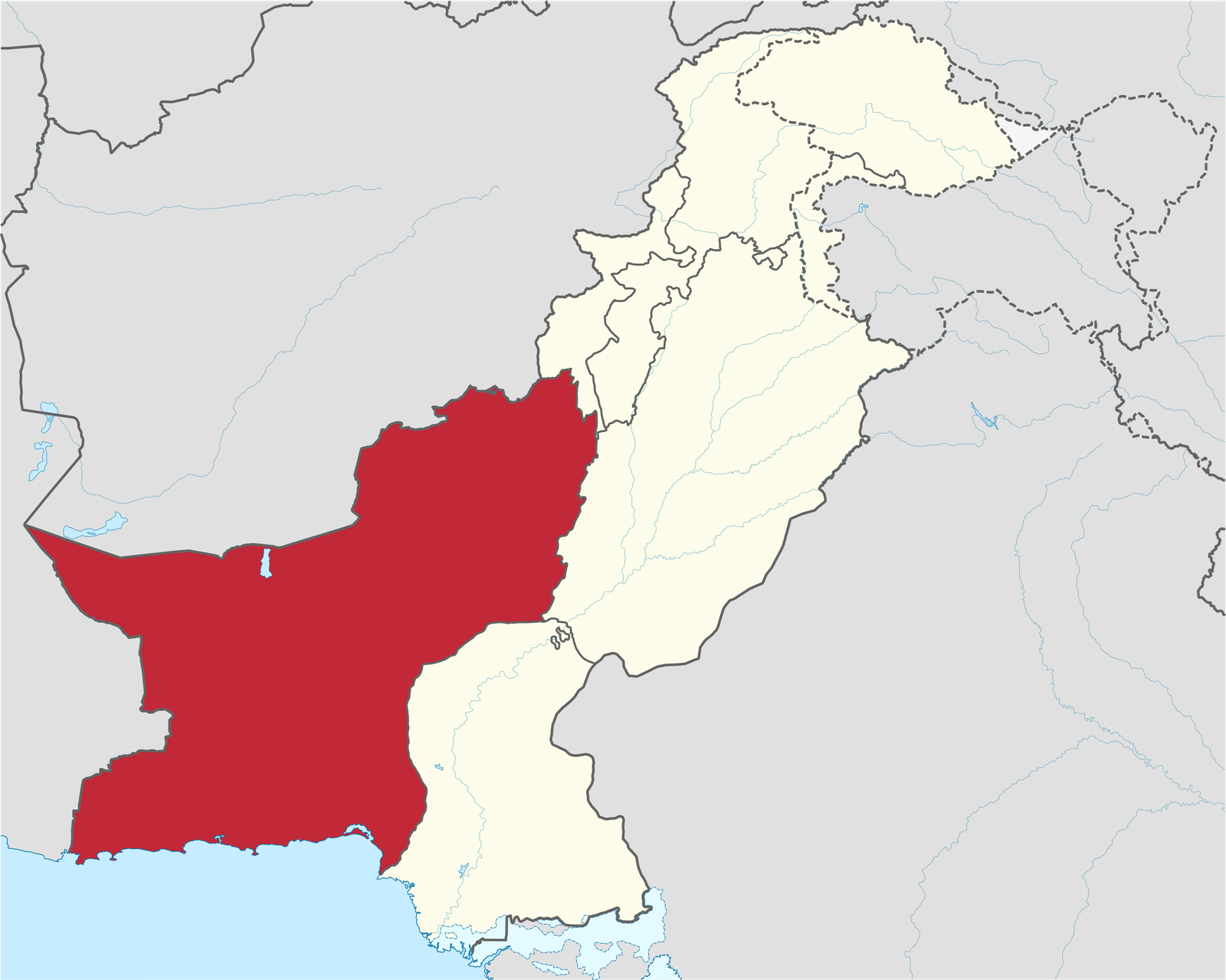Editorial
American companies hoping to tap into China’s massive market have just suffered a severe blow. A recent decision by Beijing to impose a 34% price increase on all US goods entering the country is likely to drive many businesses out of the market entirely. This is particularly devastating for US agricultural producers, who were already dealing with a 10-15% tariff on their exports to China, a consequence of previous tariffs imposed by Donald Trump. With the new 34% surcharge on top of the existing tariffs, many US agricultural exports are likely to become too expensive for Chinese buyers.
Beijing appears undeterred, signaling that it can source these goods elsewhere. In fact, China’s actions seem to be a direct challenge to the US president’s heartland, where many agricultural products are grown. Meanwhile, analysts are growing increasingly concerned about the broader implications of these escalating trade tensions.
The issue is not just limited to agricultural exports. Global supply chains have become highly interconnected, meaning that when one country faces economic distress, the repercussions can ripple across the globe. As tensions rise between the world’s two largest economies, the potential for widespread disruption to international trade grows ever more likely.
Pl subscribe to the YouTube channel of republicpolicy.com for quality podcasts:
The timing of China’s announcement of retaliatory measures—on a Friday evening just before a public holiday—suggests that Beijing may have been trying to downplay the news at home. Alternatively, it could indicate that China has abandoned hopes of reaching a deal with the US before Trump’s next round of tariffs takes effect.
This increasingly hostile trade environment raises doubts about whether a resolution between the two superpowers is in sight. If no agreement is reached, China may focus on expanding trade with other countries, including traditional US allies, effectively sidelining the US and further hurting American businesses and consumers already struggling with higher prices due to tariffs.














